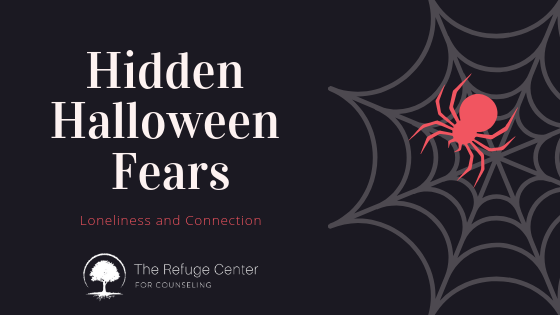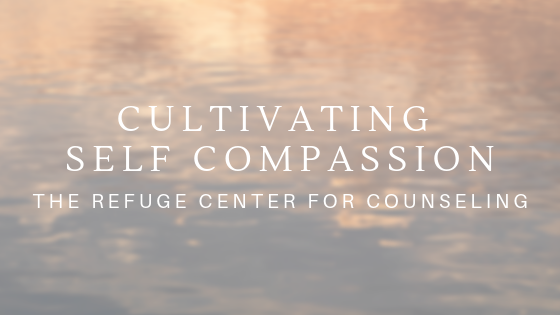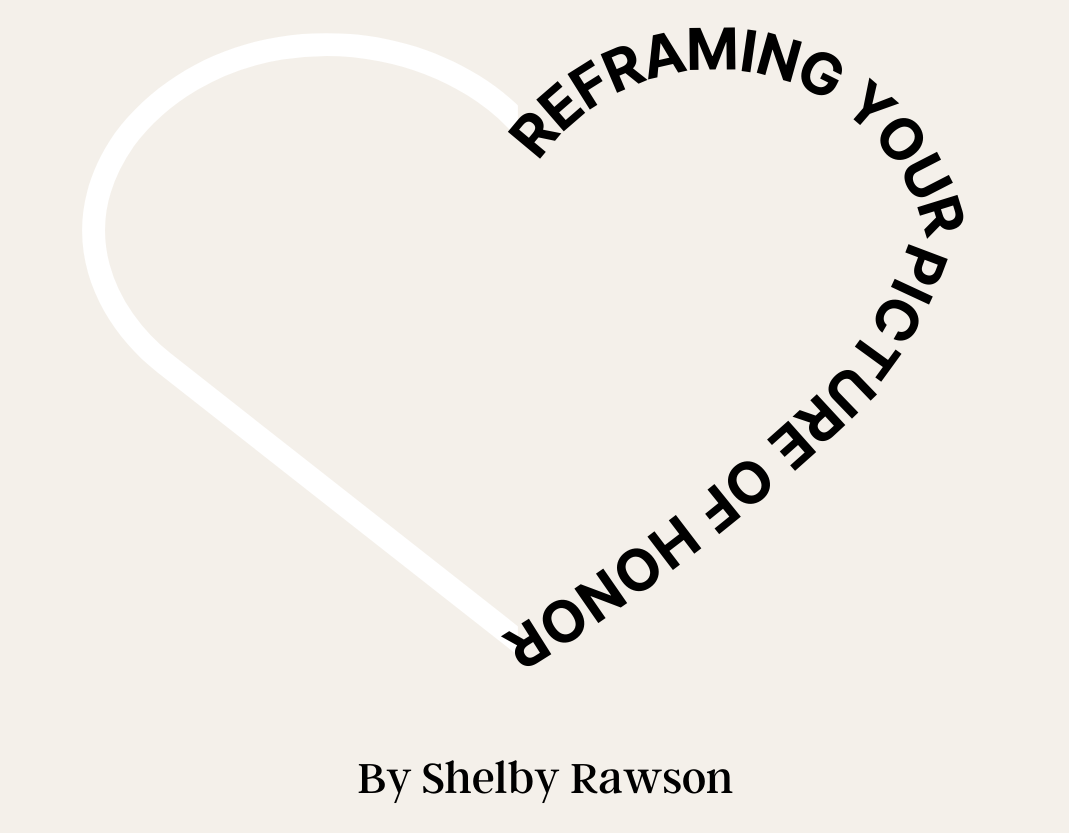As far as we can tell, humans are the only species that communicate by telling stories. We tell stories to make sense of the world and to construct meaning. And it is through story that we are able to connect with each other.
The problem is, our stories can sometimes be messy. And complicated. There is so much that we wish had gone differently, and sometimes we wish that entire chapters could be rewritten. There’s hurt that we try to minimize, manage or medicate; relationships that have gone unrepaired for so long that we wonder if there’s any hope; or grief that seems like it just won’t end.
So we edit it down to the easier stuff, but in the process, we become disconnected from the story of how we’ve become to be who we are.
In his memoir “Telling Secrets” Frederick Buechner writes, “it is important to tell at least from time to time the secret of who we truly and fully are–even if we tell it only to ourselves–because otherwise we run the risk of losing track of who we truly and fully are and little by little come to accept instead the highly edited version which we put forth in hope that the world will find it more acceptable than the real thing. It is also important to tell our secrets because it makes it easier that way to see where we have been in our lives and where we are going. It also makes it easier for other people to tell us a secret or two of their own, and exchanges like that have a lot to do with what being a family is all about and what being a human is all about.”
It’s almost counterintuitive, but it seems like the parts of our story that we’re most inclined to leave out or overlook are actually the pieces that help us connect with others…and perhaps even ourselves.




